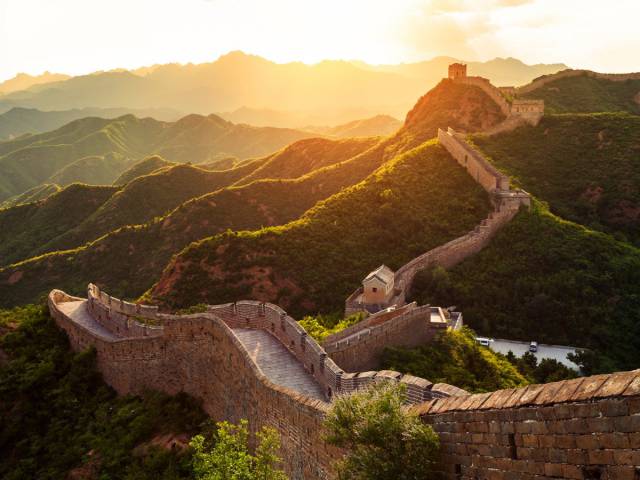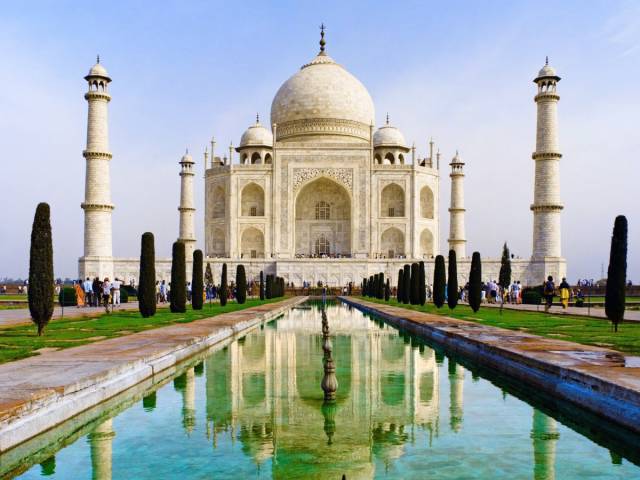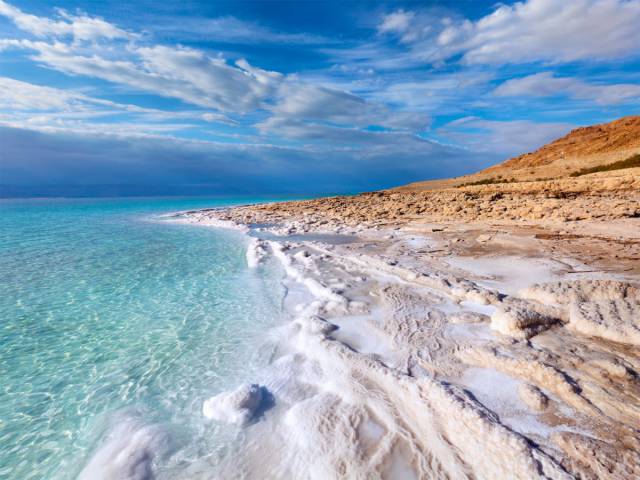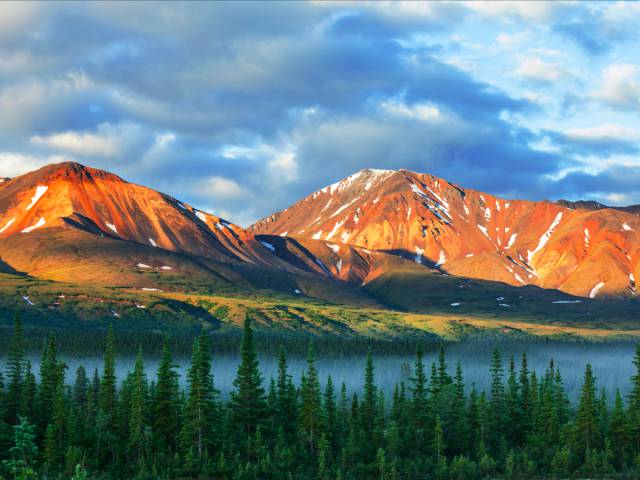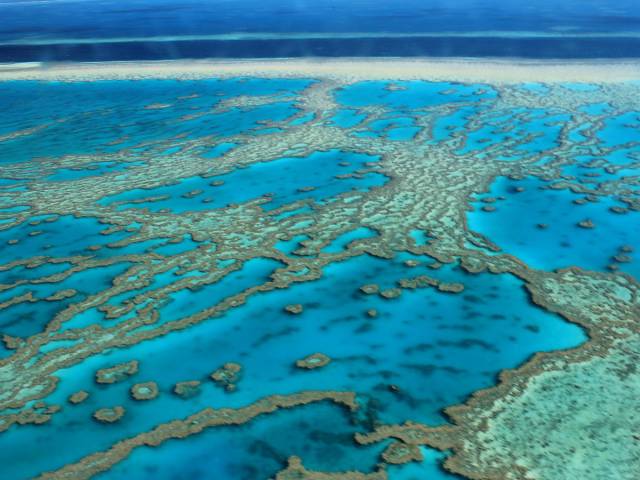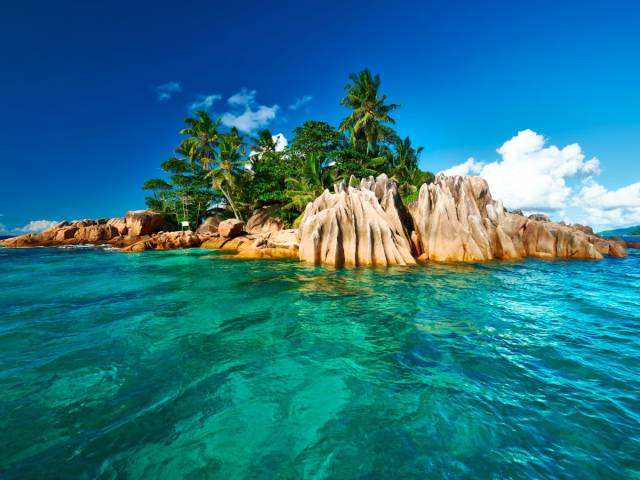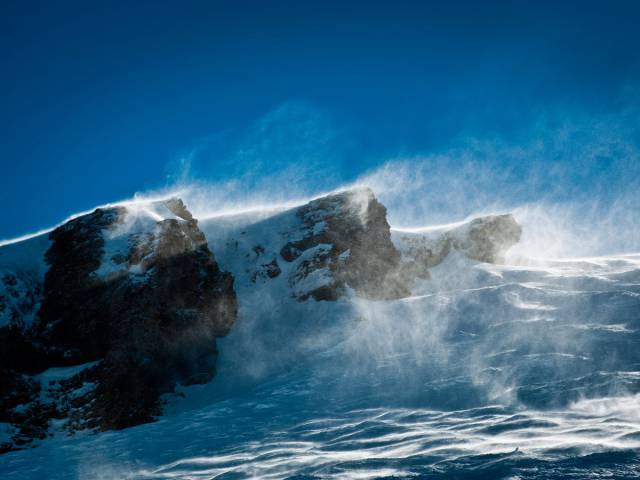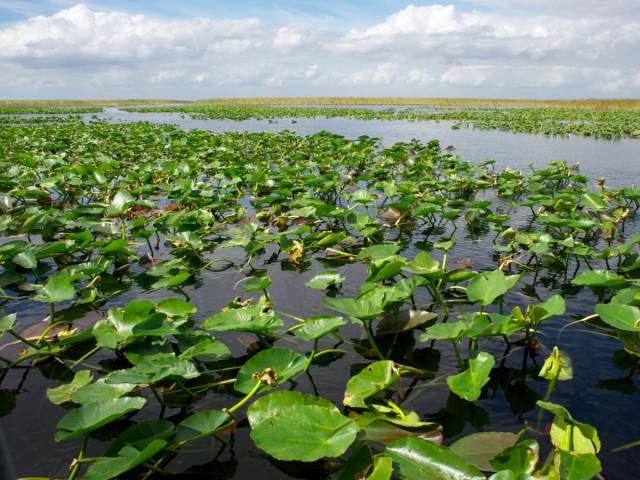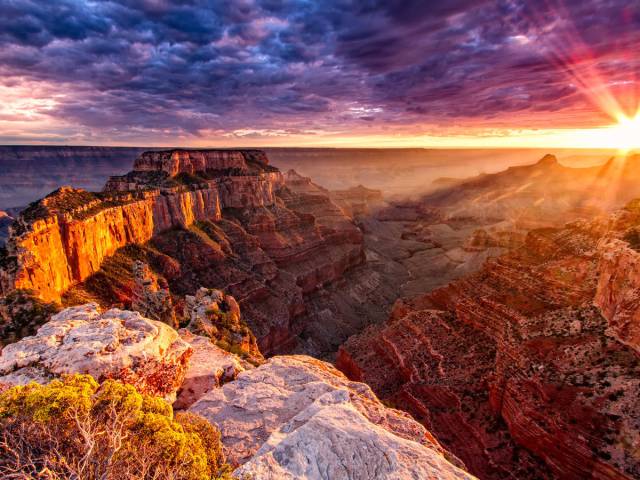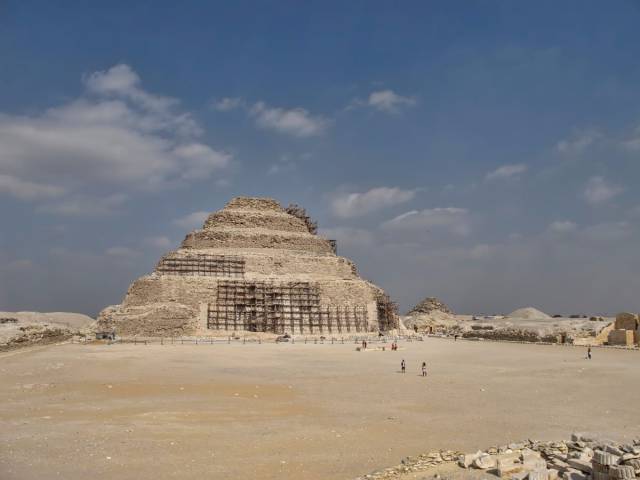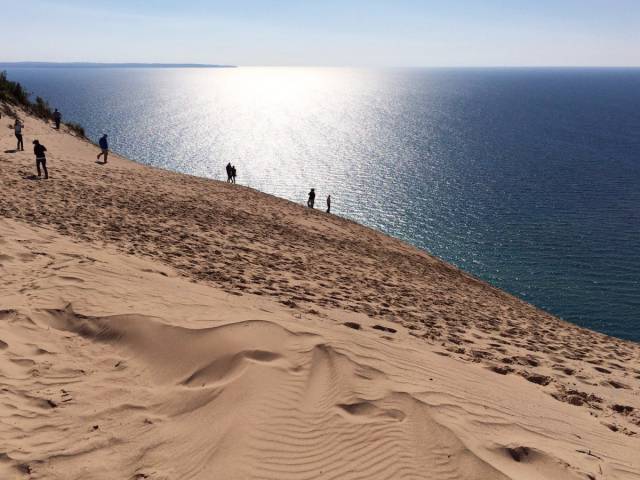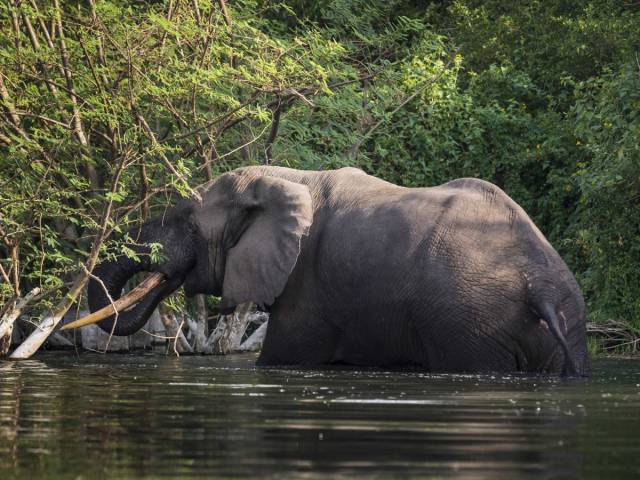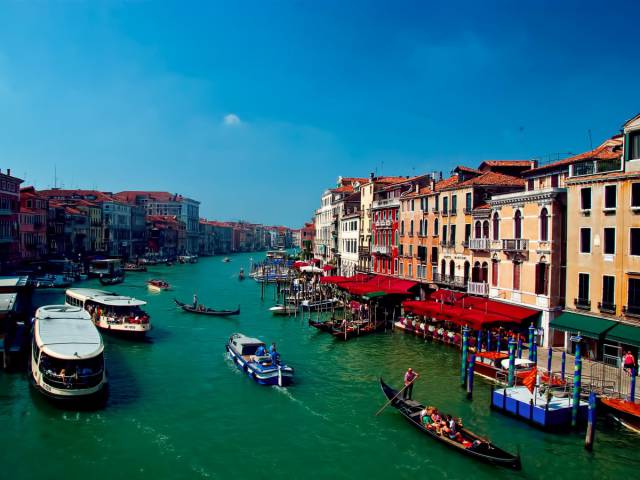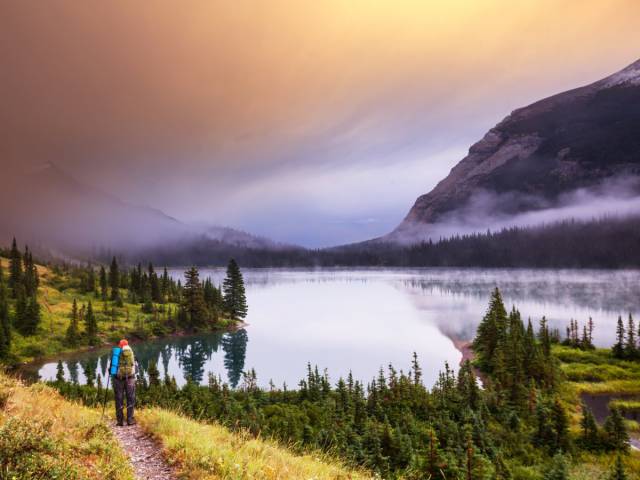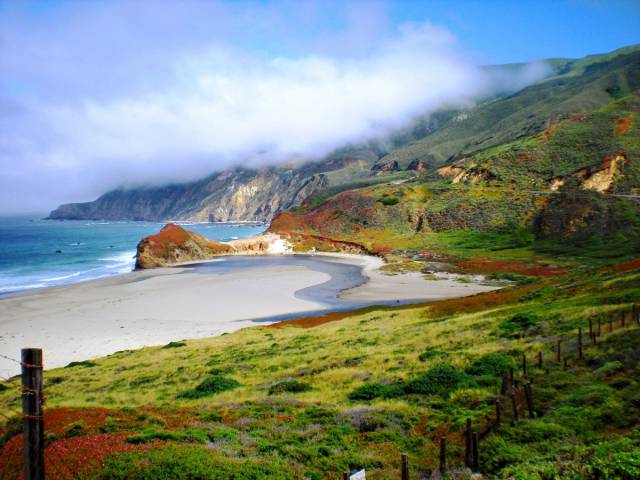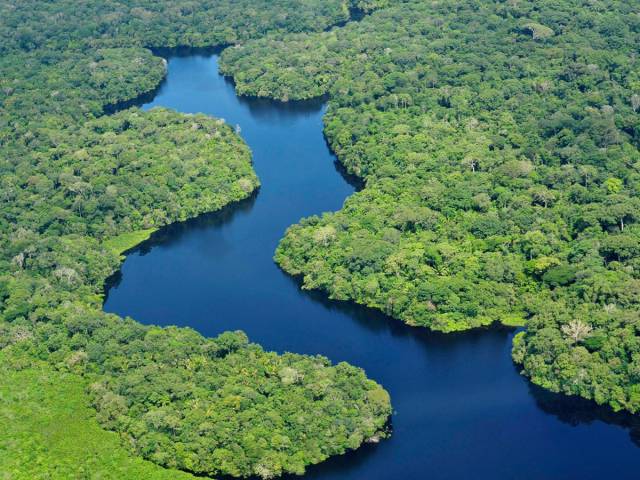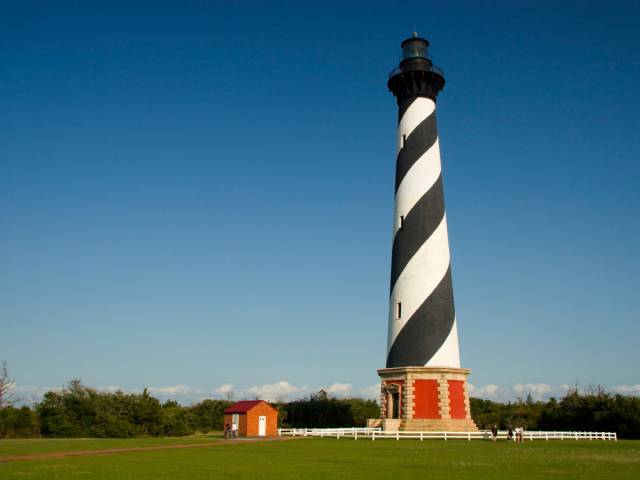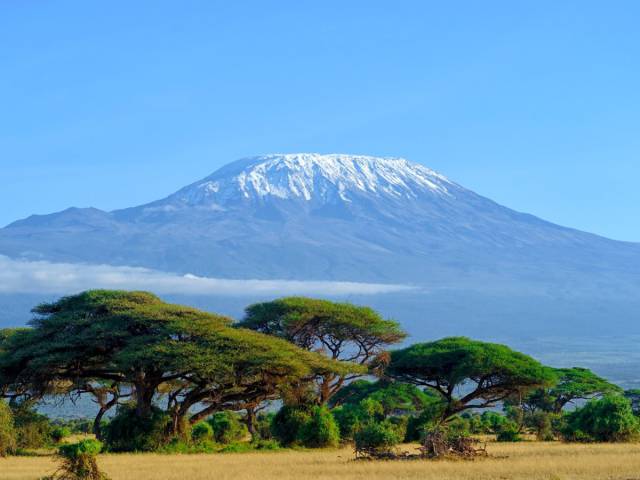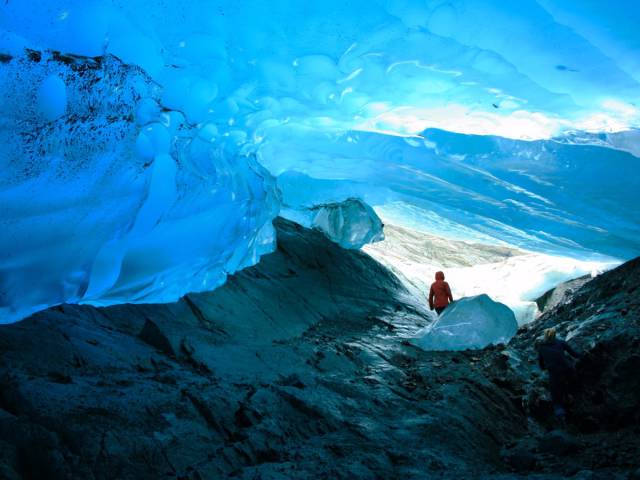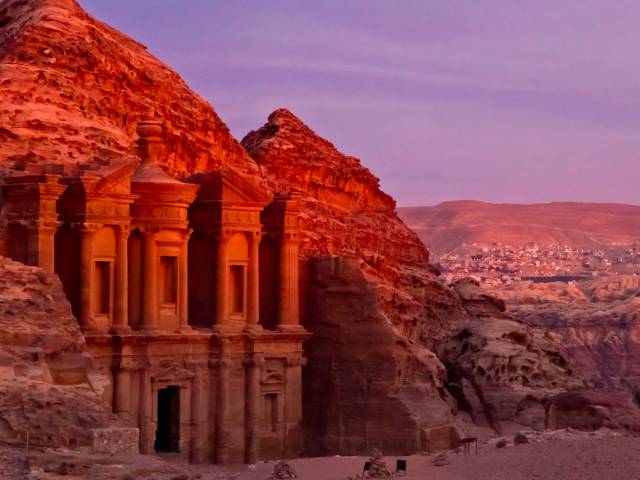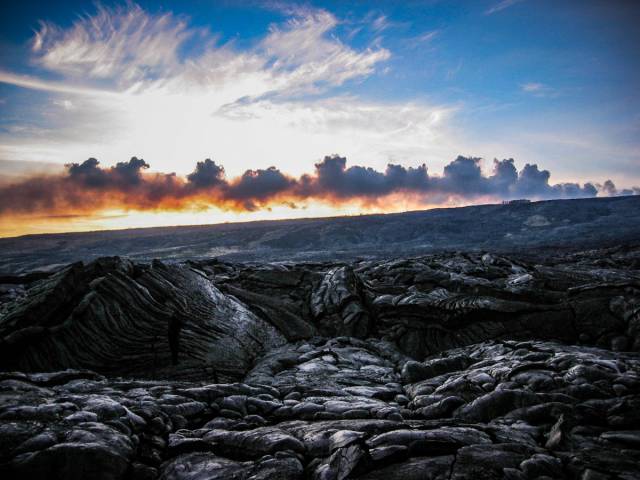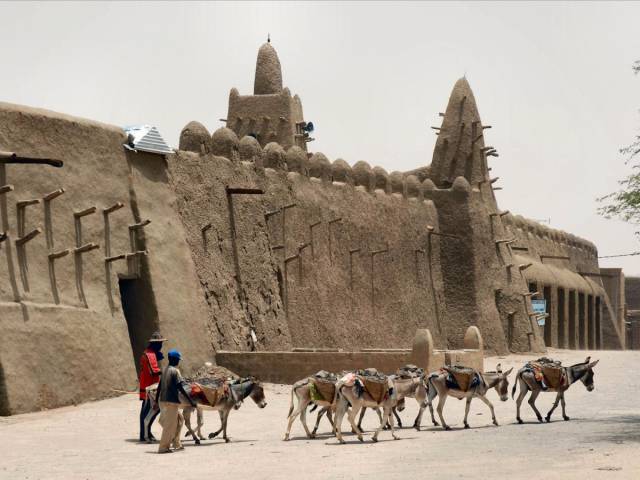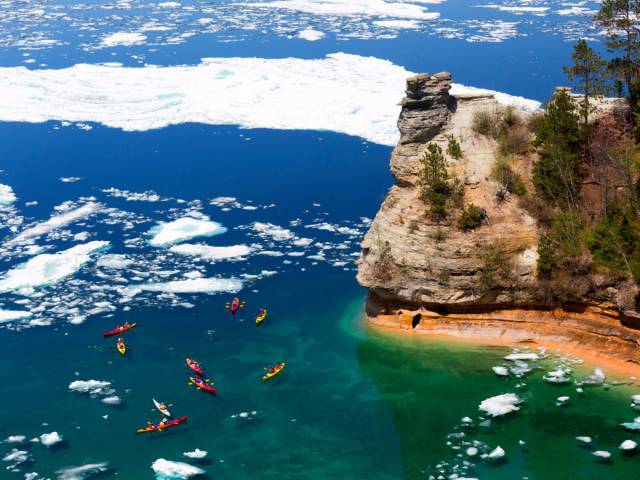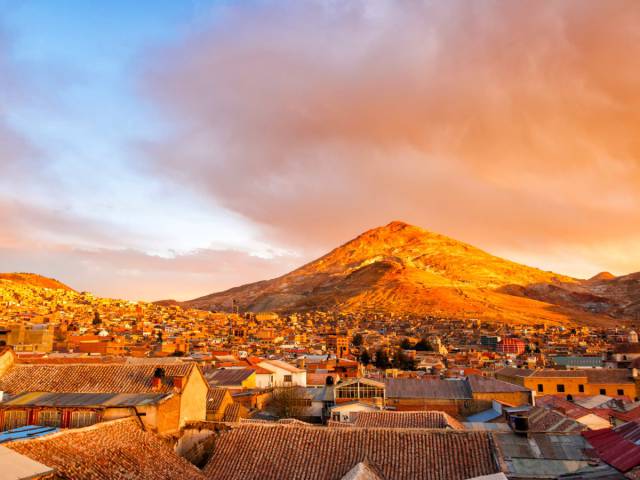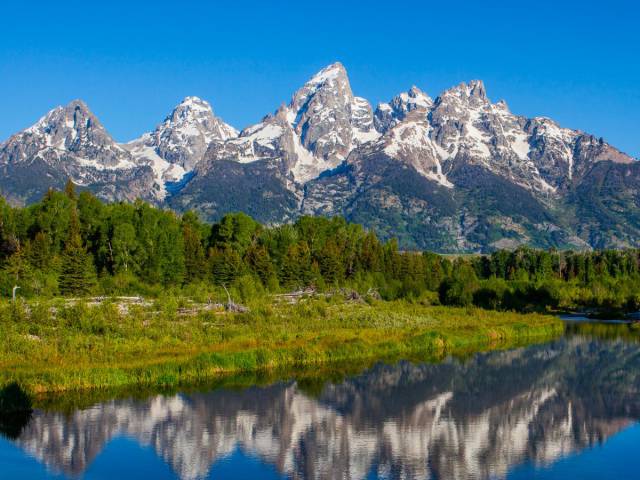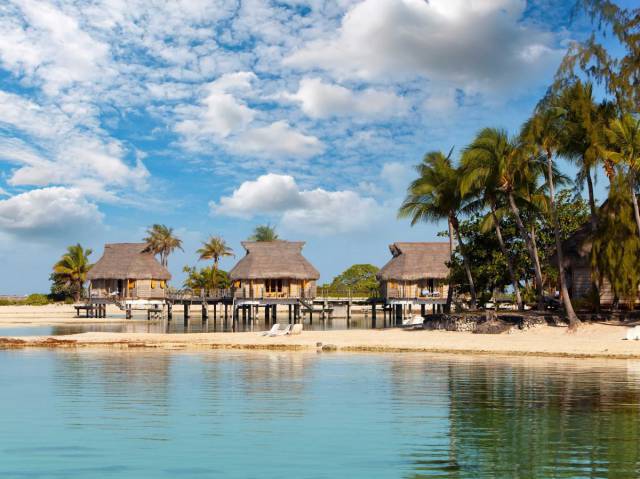Nothing is eternal and these beautiful places are in danger of disappearing because of climate change and human negligence. You have a chance to visit them for now, but no ones know for how long they are gonna be there.
Over-farming, natural erosion, and the selling of bricks with historic engravings on them have led to the damage or destruction of nearly two-thirds of the Great Wall of China.
The iconic Taj Mahal in Agra, India, has been facing years of pollution and erosion that some experts believe could eventually lead to its collapse.
The Dead Sea, which borders Jordan and Israel, has sunk 80 feet and disappeared by one-third in the past 40 years. Experts fear that if water continues to be used from the River Jordan, from which the Dead Sea draws its water, it will be in danger of disappearing.
Denali National Park and Preserve is home to 6 million acres of Alaskan wilderness, where travelers will spot wildlife roaming freely and take in a beautiful landscape that includes Denali, the highest mountain peak in North America at 20,310 feet. Climate change has led to glacier melt and reduced snowfall, which is affecting its wildlife.
Australia's Great Barrier Reef has suffered damages due to both rising temperatures and increased acid pollution, leading its famed vibrant corals to turn white. A recent study by the ARC Centre of Excellence for Coral Reef Studies revealed that as much as 93% of the reef suffers from some level of bleaching.
A popular destination for honeymooners or paradise-seekers, the islands of the Seychelles — located in the Indian Ocean off the coast of Madagascar — are vanishing because of beach erosion.
Since the Alps sit at a lower altitude than other mountain ranges, their glaciers are especially prone to shrinking from climate change. The mountain range loses around 3% of its Alpine glacial ice each year, and some experts believe it could be gone entirely by 2050.
The Florida Everglades have been referred to as the most threatened park in the US. Too much water, the introduction of new species, and urban development are all part of the problem.
The Grand Canyon was listed as one of the 11 most endangered historic places in the US by the National Trust for Historic Preservation last year. It earned a spot on the list because of increased development projects, which range from uranium mining to tourist resorts. These could lead to the destruction of significant portions of the Grand Canyon and its main water source, the Colorado River.
Surrounding construction, rising groundwater, and pollution have been threatening the tombs, monuments, and pyramids of Egypt's Memphis and its Necropolis.
At Sleeping Bear Dunes National Lakeshore in Michigan, you can take in spectacular lake views from bluffs that tower 450 feet above the shore. Its prized dunes and beaches are suffering from invasive algae and mussel species, as well as rising phosphate levels.
Africa’s Congo Basin, the world’s second-largest rainforest, is also one of the most biodiverse areas, with over 10,000 plant species, 1,000 bird species, and 400 mammal species. In the past few years, the 1.3-million-square-mile forest has been disappearing rapidly because of illegal mining, and the UN predicts two-thirds of it may be completely gone by 2040.
Known for its romantic gondola rides, the city of Venice, Italy, has been sinking for years, and severe floods have recently become more common.
With over 700 miles of trails, Montana's Glacier National Park is a paradise for hikers and those seeking up-close encounters with nature. Once home to more than 150 glaciers, the park now has fewer than 25 and is potentially at risk of losing all of its glaciers in the next 15 years.
The Big Sur region of California offers visitors awesome whale-watching opportunities, but recent droughts and wildfires have been harming the coastal region, leading to fewer sightings of the aquatic mammals every year.
At an impressive 2.1 million square miles, Brazil's Amazon is the largest rainforest in the world. It's home to the world's most diverse species population, but expansion of agriculture could lead to the destruction of the rainforest.
The shores of North Carolina's Outer Banks are eroding the land they border, putting landmarks such as the Cape Hatteras Lighthouse — which dates back to 1870 — in danger.
The picturesque snow that tops Mount Kilimanjaro in Tanzania may not be there much longer. In the years between 1912 and 2007, Kilimanjaro's ice sheet shrunk by a whopping 85%.
Underneath the Mendenhall Glacier in Mendenhall Valley, Alaska, are its breathtaking ice caves and their ice-capped domes. The caves continue to melt each year.
The half-built city of Petra is one of Jordan's major tourist attractions, but the famous archaeological site has been receding in the last century because of a combination of wind, rain, and the constant touching of its walls by tourists — which is why you should avoid touching any of its features when visiting.
Hawai'i Volcanoes National Park gives travelers the chance to witness more than 70 million years of volcanic activity. It also serves as a refuge for the island's native plants and animals, which are increasingly at risk of endangerment due to higher temperatures, drier conditions, and growing numbers of invasive species.
The walls of the mosques in Timbuktu, Mali, were built mainly out of mud between the 14th and 16th centuries. Increases in temperature and rainfall over the years have been causing a continued threat to their stability.
Pictured Rocks National Lakeshore in Michigan is known for its colorful sandstone cliffs and array of waterfalls, beaches, and forests. But the rise of air and water temperatures and a reduction in ice coverage are beginning to affect the area's natural ecosystem.
At an elevation of 13,418 feet, the Bolivian city of Potosí is one of the highest in the world. Centuries of mining activity in the area have put the city at risk of collapsing, and a portion of the summit has already crumbled.
At Grand Teton National Park in Wyoming, visitors are treated to rich scenery of shimmering lakes, alpine terrain, and the Teton Range. Besides its landscape, the park is also popular for fishing thanks to its high trout population, but warmer water temperatures are threatening their numbers.
The Maldives, an island nation in the Indian Ocean, is slowly sinking because of climate change. Some scientists predict that within 100 years, it will be completely submerged.

